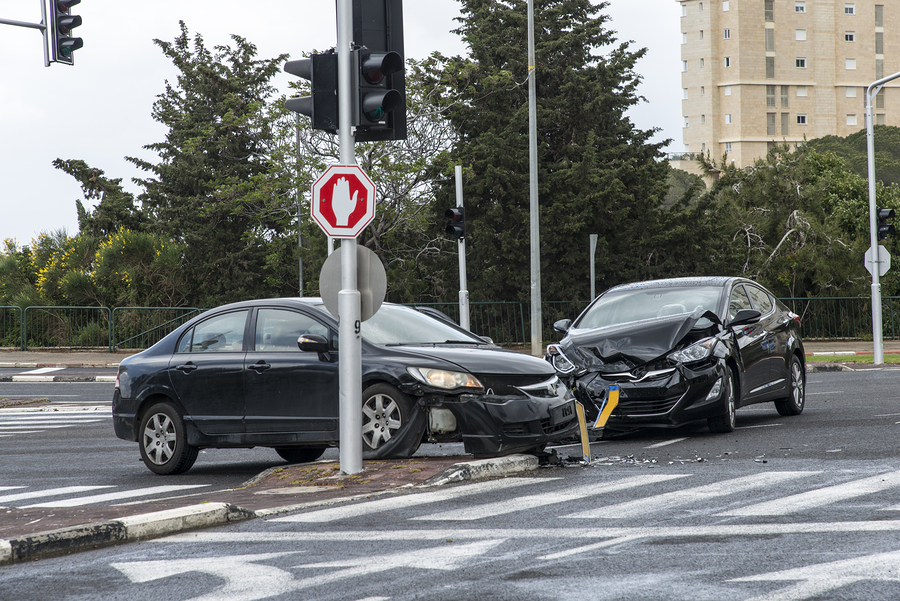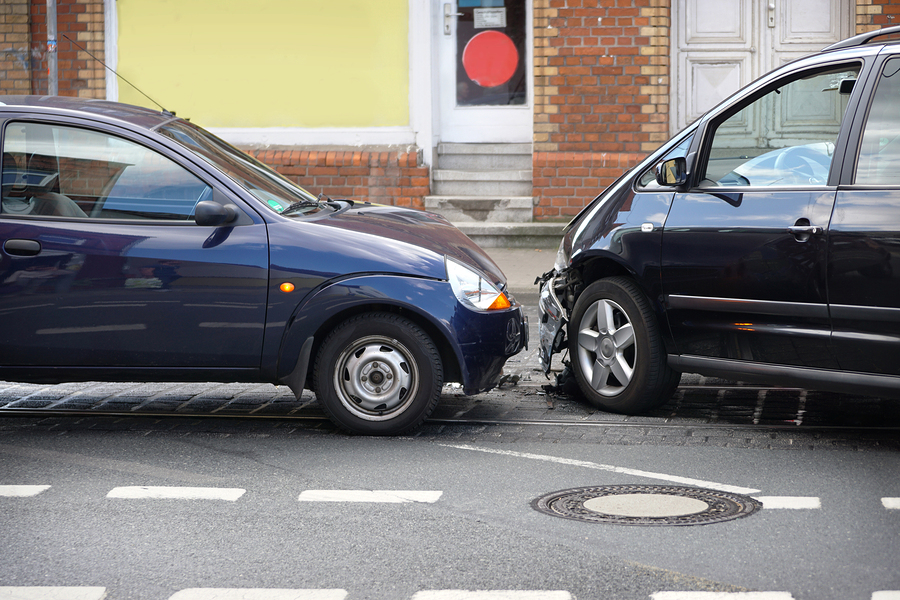Motor vehicle accidents are common, and every state has its own laws regarding accident-related issues, such as liability. These laws are intended to ensure negligent and reckless drivers are held accountable, and victims are fairly compensated for their damages, including but not limited to medical expenses, loss of wages, and property damage. When a negligent or reckless driver leaves the scene of an accident, it is commonly referred to as hit and run. However, under Virginia law, this is technically called “leaving the scene of an accident,” and it is a criminal offense. According to recent statistics, more than 4,500 Virginians were injured in this type of accident. Under Virginia law, all drivers and passengers involved in a motor vehicle accident in which a person was killed or injured, or in which an attended vehicle or other attended property was damaged, must take the following steps:
- Stop near the scene of the accident. Do not obstruct traffic or endanger anyone’s safety.
- Provide reasonable medical assistance to any injured person.
- Report your name, address, driver’s license number, and vehicle registration number to state or local police.
- Provide your information to the drivers or custodians of the other vehicles if they are able to understand it.
Understanding Your Responsibilities in a Hit and Run
There are several important things to know about Virginia’s “leaving the scene of an accident” laws:- They apply to passengers as well as drivers. The law says, “every person sixteen years of age or older in the vehicle with the driver at the time of the accident, who has knowledge of the accident, shall have a duty to ensure that a report is made within twenty-four hours from the time of the accident.”
- For the purpose of these laws, it does not matter who was at fault in the accident. All drivers involved in an accident are required to stop.
- They apply whether the accident happened on a public road, highway, or private property, including when someone crashes into an object on someone’s property and leaves the scene.
- If a driver hits an unattended vehicle or unattended property, they are required to make a reasonable effort to locate the owner. If that is not possible, they can leave a written notice, including their name, address, and circumstances of the accident at the scene. The driver or passengers over 16 years old must also notify the state or local police within 24 hours.
Criminal Charges
The criminal charges and penalties for a hit and run accident depend on various factors, such as whether the other vehicles that were impacted were occupied, and the severity of damage caused by the accident. Accidents that result in injuries, fatalities, or more than than $1,000 of property damage carry the most severe penalties. Penalties may include fines, suspended license, and jail. Drivers charged with a Class 5 Felony may face ten years in jail or prison and a $2,500 fine. Penalties increase for repeat offenders.What Is “Reasonable Medical Assistance?”
The statutory term “reasonable medical assistance” is open to interpretation, and it is ultimately within the discretion of the court. However, depending on the facts of the case, it may mean notifying emergency services or transporting anyone needing or wanting medical treatment to a medical provider or hospital. Many hit and run accidents involve a vehicle and a pedestrian or bicyclist. In fact, 65 percent of hit and run fatalities are pedestrians and bicyclists. Regardless of who was involved, any injured person should receive prompt medical care, because the failure to do so may lead to more serious injuries or even death.Compensation for a Hit and Run Case
Accident victims can normally pursue compensation from the negligent or reckless party that caused their injuries. Economic and noneconomic damages may include, but are not limited to:- Current and future medical bills;
- Lost wages;
- Loss of earning capacity;
- Property repair or replacement costs;
- Pain and suffering; and
- Loss of consortium.
- Write down what you recall about the vehicle that hit you, such as make, model, color, license plate number, and description of the driver. Even a partial license plate number can help.
- Identify any witnesses and obtain their contact information.
- Take pictures of any injuries, damage to your vehicle, and any debris in the surrounding area.


